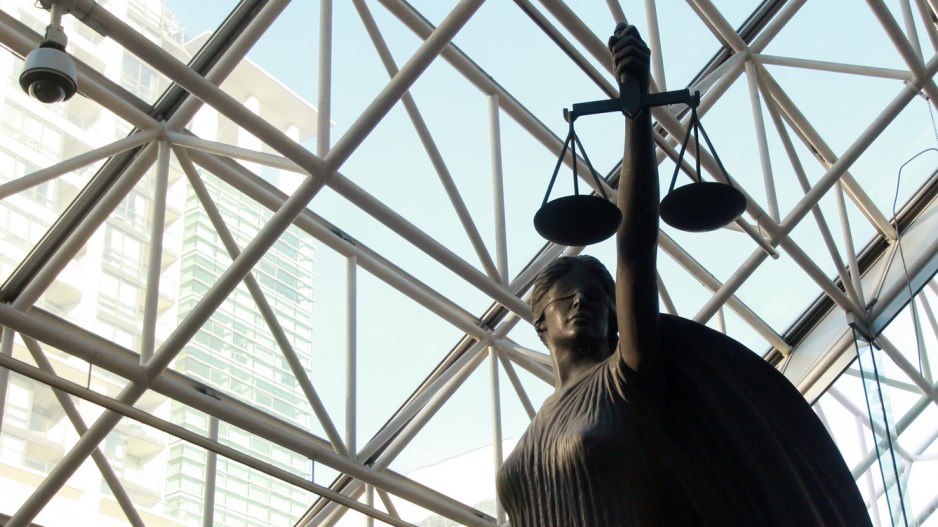A group of descendants of Indigenous men who gave up their status under Canada’s Indian Act, in part to keep their children out of the country’s abusive residential school system, are suing the Attorney General of Canada, claiming the Act’s registration provisions are discriminatory and unconstitutional.
The group, made up of 16 individuals from the Haida Nation, the Pinaymootang First Nation and the Campbell River Indian Band, filed a notice of civil claim in B.C. Supreme Court June 10. The lawsuit details the legislative history and evolution of Canada’s Indian Act regarding “Indian enfranchisement,” where Indigenous peoples in the late 19th and early 20th century were made Canadian citizens if they gave up their status under the Act.
“Among other things, the process of enfranchisement forced individuals and families to choose between remaining members of their Indigenous communities, on the one hand, and protecting their children from the residential school system and acquiring the rights and privileges of Canadian citizenship, on the other hand,” the lawsuit states.
Meanwhile, those who opted for enfranchisement, often under duress, and their descendants “have been the target of oppressive, discriminatory and stereotyping legislation and decision-making, and have been treated as a discrete and insular minority.”
Ten of the plaintiffs trace their ancestry back to Wilfred Laurier Bennett, a member of the Massett Band, who was enfranchised in 1944, motivated by a desire to keep his children from attending residential school. Bennett’s wife and children were also stripped of their status as a result, losing their right to live on-reserve, highlighting how the Act’s registration provisions continue to “impose negative consequences” on families descended from Indian women who lost their status along with their husbands or by “marrying out.”
While amendments to the Act in 1985 allowed registration of Bennett’s grandchildren, his great-grandchildren have continued to be denied Indian status, depriving them of “both tangible and intangible” benefits including extended health benefits, access to post-secondary education and “spiritual and cultural value that flows from a recognition of status.”
Four of the plaintiffs are descended from Reverend Maurice Sanderson, enfranchised in 1922 out of a desire for the rights to vote and own property. The remaining two plaintiffs, whose grandfather William Clark Smith was enfranchised in 1936, claim they’ve been repeatedly denied status under the Act.
“In each case, the application for enfranchisement required surrendering Indian status and band membership in exchange for the rights and benefits of Candian citizenship, including freedom from legally sanctioned discrimination and restrictions endured by Indians,” the claim states. “By stripping families like the Bennetts, Sanderson and Smiths of Indian status and band membership, the law cut them off in profound ways from communities with which they had deep cultural, kinship, spiritual and material connections.”
The plaintiffs seek declarations that the registration provisions of the Act violate the Charter of Rights and Freedoms, wrongfully depriving them of the ability to transmit Indian status to their children and discriminating against them based on sex and marital status.
The following is a full list of the plaintiffs: Sharon Nicholas; Terra Jean Nicholas; Nicole Eileen Nicholas; James Edward Nicholas; Joan Martha Ward; Jack Ray Ward; Royce Sagar Ward; Alexis Salmaniw; Nadia Alexis Salmaniw; Nicholas Alexander Salmaniw (Bennett Family); Edith Fournier; Kathryn Fournier; Gabrielle Heroux; Philippe Heroux (Sanderson family); Mervin Smith; James Hanson (Smith family).
The allegations have not been tested or proven in court and the Attorney General of Canada had not responded to the claim by press time.




